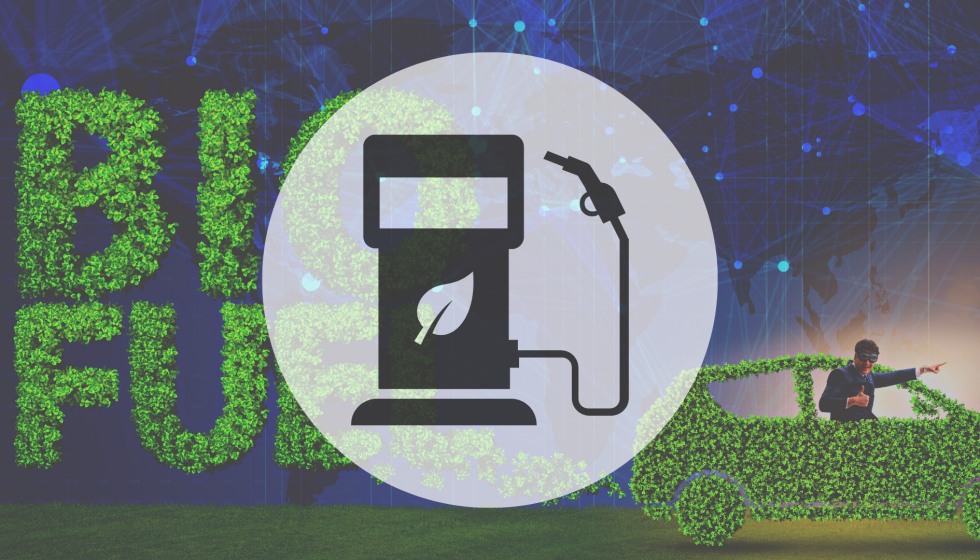Toyota, Suzuki, Subaru and Daihatsu have begun research into new ways to produce bioethanol as a vehicle fuel.
In Japan, a new research center for biofuels of a new generation was created, which is considered as one of the ways to achieve climate neutrality — that is, "zero" emissions from vehicles. The institution was founded by a group of companies that included Toyota, Suzuki, Subaru and Daihatsu, as well as Toyota Tsusho and the Japanese energy company ENEOS. The organization aims to find ways of sustainable production of organic fuel for vehicles, which will accelerate its decarbonization.
Currently, the biggest role in the rejection of classic cars with internal combustion engines is played by electric cars. However, the members of the association emphasize that the full transition of the automotive industry to electric engines will inhibit the growth of prices for lithium, cobalt and rare earth metals. Therefore, in their opinion, the search for alternative solutions that ensure neutral emissions of CO2 into the atmosphere is no less important than the development of new generations of batteries based on more accessible elements. Such a solution is, in particular, bioethanol.
At the same time, different solutions should be applied in different regions, depending on local conditions and the state of the infrastructure, the organization says. In simple words, it is not possible to develop a sufficient infrastructure of charging stations for electric vehicles in all regions. Somewhere, instead of electric cars, it is possible to establish the production of biofuel cars, which will also have "zero" CO2 emissions.
The association adds that promising alternatives to oil are also hydrogen and synthetic fuel based on energy from renewable sources. I wonder what during the production of biofuel, carbon dioxide is not produced, but on the contrary is absorbed from the atmosphere due to photosynthesis. According to the Japanese, the Intergovernmental Panel on Climate Change (IPCC) has confirmed the effectiveness of bioethanol production methods to reduce the concentration of CO2 in the air. Now it is necessary to create a system that will allow to produce biofuel en masse and in volumes sufficient for the market.
The Associationʼs research will be aimed at achieving the most favorable for the climate and the environment the circulation of hydrogen, oxygen and CO2 during the production of a new type of fuel. At the same time, the process should not use raw materials intended for the production of food products. The second-generation bioethanol fuel production technology to be developed by the research center will take this into account.
First, the organization will design and assemble prototypes of production lines, and later begin testing to identify problems and improve efficiency. In addition, scientists will study possible problems when using biofuel in vehicles. Algorithms should also be developed that will allow planning the production of raw materials depending on the demand for fuel. In addition, they will suggest the best methods of growing raw materials after studying the composition of the soil.
Another task of the association will be the development of methods for the industrial use of CO2, which is produced during the production of bioethanol, and oxygen, which is produced as a by-product of hydrogen production. This whole system should form a closed circuit powered by renewable energy. The crops will become the raw material for the production of ethanol, the by-product of which — carbon dioxide — will be used as a raw material for synthetic fuel. Another component of synthetic fuel, hydrogen, will be produced in a water electrolyzer using renewable energy, and the resulting oxygen will be used as a raw material for the production of biofuel.



